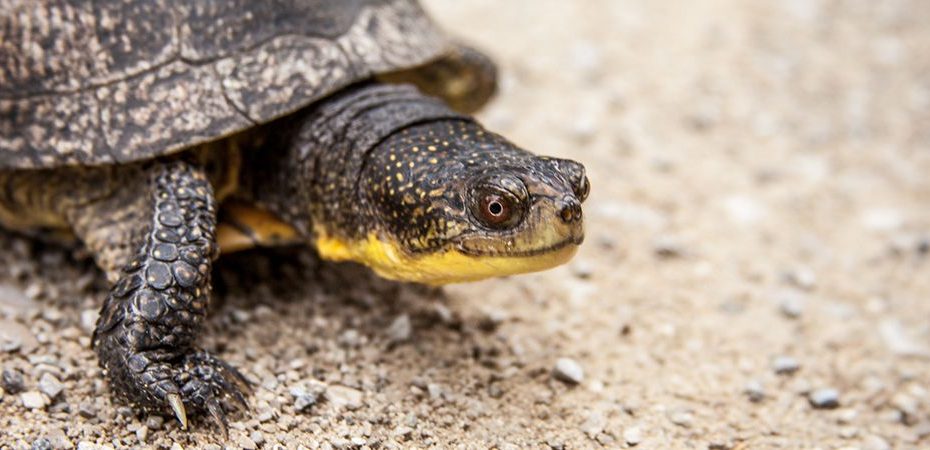Two weeks prior to the commencement of the 30th United Nations Climate Change Conference (COP 30), which just wrapped up in Brazil, billionaire philanthropist Bill Gates published a shocking memo denouncing the “doomsday view of climate change.” With unwavering faith in innovation and technology, he asserts that the current focus on greenhouse gas emissions reductions is misplaced. “Moderate action” by countries is sufficient, he suggests, for even if it results, as projected, in a temperature increase of almost 3°C by 2100 “it will not be the end of civilization.”
To be clear, Gates still considers climate change to be a major problem. Framed in a call to put “human welfare at the center of our climate strategies,” many of his points are well taken. He rightly advocates for investments in climate adaptation and poverty alleviation so that “people stay resilient in the face of climate change.” His emphasis on rigorous measurement of the impact of climate initiatives also makes sense.
Blanding’s turtle on a road © Diana Troya
A dangerous omission
A serious omission, however, is Gates’ sole focus on humanity. He is silent on the fact that climate change is wreaking havoc on marine, terrestrial and freshwater ecosystems, causing “mass mortality of plants and animals” and contributing to extinctions.
A case in point is the bleaching of more than 80 percent of the world’s coral reefs, as oceans acidify and reach record high temperatures. A vital habitat for marine species – fish, turtles, birds, crabs, shrimp, jellyfish and more – coral reefs are at a tipping point, where the devastating consequences of climate change for biodiversity may be irreversible.
Even Gates should be concerned, given the implications for human welfare. Coral reefs are vital for food security and for protecting coastlines from storms and rising sea levels, contributing trillions of dollars per year to the global economy. They epitomize humanity’s utter dependence on the more-than-human world.
Who will live and thrive?
Also highly problematic is Gates’ contention that despite the consequences of climate change, “people will be able to live and thrive in most places on Earth for the foreseeable future.” But who will these lucky people be? Not those living in the poorest countries, as Gates himself readily admits. And not those living near the equator, most of whom, he says, won’t be able to relocate, regardless of “more heat waves, stronger storms, and bigger fires.” Future generations might also be out of luck, he hints, since “burning fossil fuels helps people now at the cost of making the climate worse for people in the future.”
How ironic that Gates should acknowledge, on one hand, the inevitable “global rise in temperature-related mortality” and yet downplay, on the other, the urgency of reducing emissions.
Drought and dust storm, Toronto, 2023 © Can Pac Swire CC BY-SA 2.0
Climate targets and metrics
It may be true, as Gates declares, that climate change will not lead to “humanity’s demise.” But climate inaction is already claiming millions of lives every year. Every fraction of a degree of warming matters. Meanwhile, the past 10 years have been the hottest in recorded history.
Targets and metrics tracking GHG emissions and temperature change are essential if we are to deal with the fact that as late as 2023, fossil fuels made up 82 percent of the global energy mix, that rising temperatures place up to 30 percent of plant and animal species at increasing risk of extinction, and that almost 80 per cent of the world’s poor “live in regions that are exposed to extreme heat, flooding and other climate hazards.”
Yes, human welfare should be a key measure of the success of climate action. But not the sole measure. While the COP 30 pledge to triple financial support for climate adaptation in poor countries is truly welcome, the failure to advance commitments to move away from fossil fuels is appalling. Indeed, if countries can’t recognize the folly of “climate denialism,” and agree to grapple now with the number one driver of climate change then we, and the millions of species with whom we share this planet, are in deep trouble.
Resources
The post Bill Gates Misses the Bigger Climate Picture appeared first on Ontario Nature.
